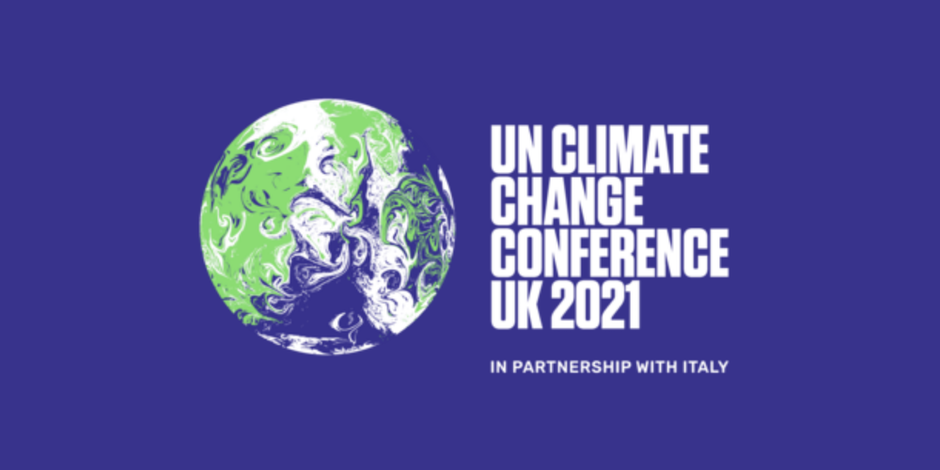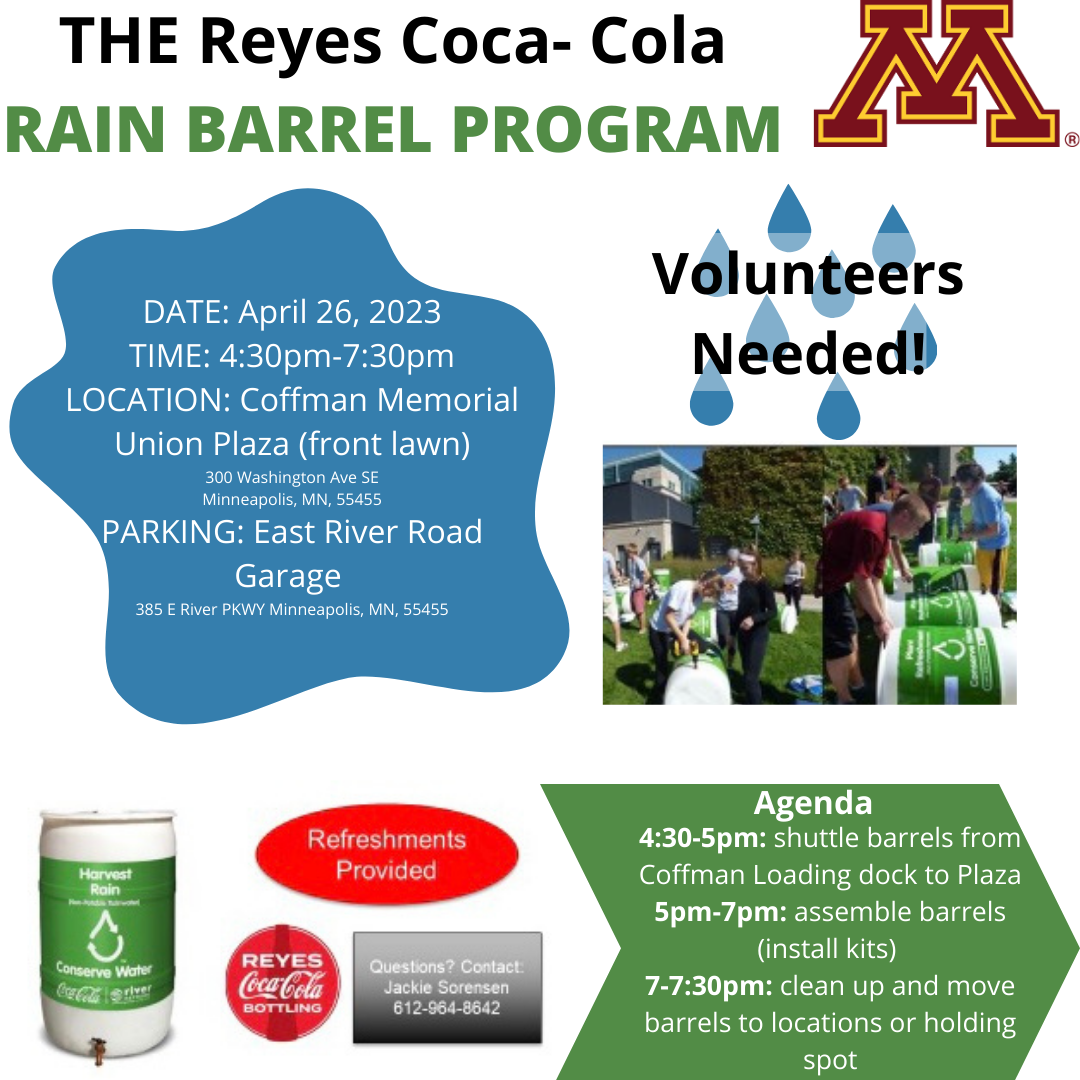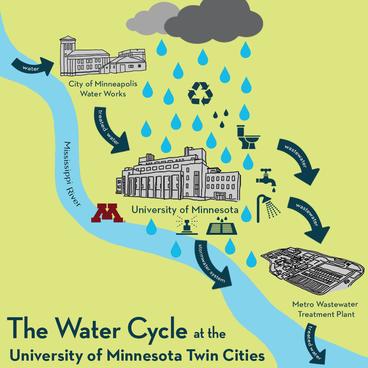
What is COP26 and why is it really important?
Called by many “the world’s last best chance to get runaway climate change under control,” COP26 is the abbreviation for the 26th annual “Conference of the parties.” Back in 1994, 197 parties agreed on and signed the United Nations Framework Convention on Climate Change (UNFCCC). During the COP21 back in 2016, 192 parties were committed to limiting global warming below 2°C and progressively aiming for 1.5°C, according to the Paris agreement. Countries agreed to make “Nationally Determined Contributions”, short for NDC, with follow-up to come together every 5 years with an updated the most possible ambitious and realistic plan set for the future. Delayed by one year due to the pandemic, the COP26 is the fifth conference held after the Paris Agreement. The Climate Conference in Glasgow (COP26) is the biggest, the most well-attended COP to this date.
There were 4 main ambitions and goals set for the summit, which in summary included: secure global net-zero by mid-century and keep 1.5 degrees within the reach, adapt to protect communities and natural habitats, mobilize finance, finally, cooperate on the international level to deliver.
What was achieved at COP26?
The outcome of the event could be summarized into 4 categories:
- Outcomes on emissions
Scientists have warned that keeping temperature rises to 1.5ºC, which is the limit in order to avoid climate catastrophe. To reach the mission it requires global emissions to be cut by 45 percent by 2030, and to zero overall by mid-century. The current course of world emission will bring us to global warming of 2.4ºC by the end of the century. According to the Glasgow Climate Pact nations with insufficient and weak pledges will come back next year with improved, revised, and 2030 targets which align with the Paris agreements goal of keeping warming well below 2ºC and closer to 1.5ºC. This requirement puts pressure to produce bolder and clearer plans by the end of 2022 for countries under the following categories:
Graphics from Climate Action Tracker
- Outcomes on Fossil Fuels
This year’s COP was the first year where fossil fuels have been this strongly emphasized and included in a UN climate agreement. Throughout the discussion, the terms “phase out” and “phase down” have dragged attention with India’s pledges. According to the Merriam-Webster dictionary, “Phase-down” refers to the gradual cut, whereas “Phase-out” stands for drastic stop. Several debates have been held concerning this issue, which was, in the end, concluded to have the term “phase down” with support of China and India, followed by a not supportive reaction of European and vulnerable countries. - Outcomes on finance
Before the conference, the media platforms focused their attention on the fact that developed countries failed to reach their goal of building a 100 billion dollars budget for developing countries to fund their fight against climate change decided at the COP15. This is not only an issue of finances, but as well as concerning the factors of trust, ethics and overall abilities to reach the other goals, or just empty talking. The conference concluded with an emphasis on the investment of the new sea defenses, more robust power grids, and better early warning systems for extreme weather for developing countries by the developed. - Outcomes on “Loss and damage”
Following up on the earlier outcome related to finance, the loss and damage that climate change is already having on vulnerable countries, the Santiago Network has been enforced. The investments directed to the network will increase and the cover of the cooperation will enlarge by helping as many more countries affected by climate change as possible.
The University of Minnesota at COP26
The University of Minnesota has sent 26 delegates to the COP26 summit.
“The University’s COP26 delegation included representatives from across the University of Minnesota. Delegation members’ research interests span climate change, environmental justice, corporate environmental management, sustainability education, leadership development, water resources, ecology, and gender.” (Jessica Jurcek, Sustainability Education)
The delegation highlighted the youth participation and activism during the event. All UMN delegates were impressed by the role of youth in Glasgow. Thousands of young people took to the streets in a Youth March to let their voices be heard.
(Photo: The Associated Press)
Another point the delegates have emphasized while reflecting on their experience at COP26 was the diversity of the voices represented. The topic of representation saw differing viewpoints. .On one hand, there were lots of indigenous groups representing their communities at the event, however, on the other hand, some developing countries were unable to attend the summit due to economical factors such as the unavailability of the vaccine. (Full vaccination was the prerequisite for attendance)
Overall, all the UMN representatives fully agreed on how informative and inspiring the conference was. It managed to bring people from all different cultural and professional backgrounds to hear all voices and set the strategies for the issue of climate change that is standing in front of humanity as a whole.
Delegates are sharing photos and reflections from the event in individual blog posts, available on their website.
What can you do?
Every person’s contribution matters when it comes to global issues. We cannot be sitting and waiting for wizards to come and fix all of our problems including climate change. Step by step, habit by habit, individual by individual, community by community, and nation by nation.
Therefore these are 4 habits and choices you can incorporate in your everyday life to bring your nations pledges and Glasgow pact to real life:
- Be smart with what you get in the grocery store and dining halls:
Waste less when it comes to food and if possible consume less meat.
“If you’re wasting less food, you’re likely cutting down on energy consumption,” Haq says.
Additionally, since livestock products are among the most resource-intensive to produce, eating meat and dairy-free meals can make a big difference, too, as it takes lots of carbon released to the atmosphere to bring the meat on your plate. - Be smart with electricity and energy in your life:
Whether it is turning off the light when you’re leaving the room or unplugging devices that are fully charged these small actions on humanity's size as a whole will make a big change. Besides these small everyday actions, you can also make one-time purchases which will make a huge difference in your carbon footprint. You can fuel your house with renewable energy and choose electric cars over gas ones. - Be smart with trash you are throwing away:
At our university we have a good system of waste management, we even have our own organics recycling. For this, we just need students’ and staff’s smart choices when it comes to picking the bin to throw away that Caribou cup or banana peel. The system is already in place! All you need to do is educate yourself on how to properly sort your waste on campus. - Be active and speak up:
There are many student environmental organizations and events to promote sustainability. You can join them even if you are not a sustainability or environmental major. When it comes to our planet’s future it should matter for everyone. Actively get engaged in your society, encourage the community around you to be more sustainable, join events at the U, and constantly educate yourself on the topic. (Campus Clean up crew, Environmental Student Association, UMN Energy club, 365 green, UMN students for Climate Justice, Sustainable Systems Management Club and others).
Remember “IT ALL ADDS UP”
Student reflection and what’s next?
Technological advancements made it possible for us to be present and contribute at places where we are not physically at, learn from and support people with whom we are not physically communicating. From the international student perspective, global cooperations were always something fascinating and something which held so much power and the possibility to make a change. There were failures and criticism around the COP26, the inability of countries to reach their set goals of Climate Finance, made people question the importance of summits if we are just going to be stuck in the stage of goal-setting and high ambitions, without true actions followed by changes.
I believe there is a fair reason for the criticism but we should not question the existence of the summit, rather setting policies and responsibilities for the main emitters and the ones who have the financial capability, alongside the support for the developing countries who are already suffering due to the climate.
For the sake of high GDP, our planet was used up as the raw material. Humanity already has the solution. Countries in Europe such as Norway and Sweden, are implementing the ideas and innovations into practical use. Now more nations have to fully realize and comprehend sustainability as new normal through renewable energy and electric cars. The next COP meeting is planned to be held in Egypt according to the rotation policy of venue and presidents among 5 UN-recognized regions (Africa, Asia, Latin America and the Caribbean, Central and Eastern Europe, Western Europe and Others).
Yesui Nyamchuluun (she/her/hers), Sustainability Student Assistant

